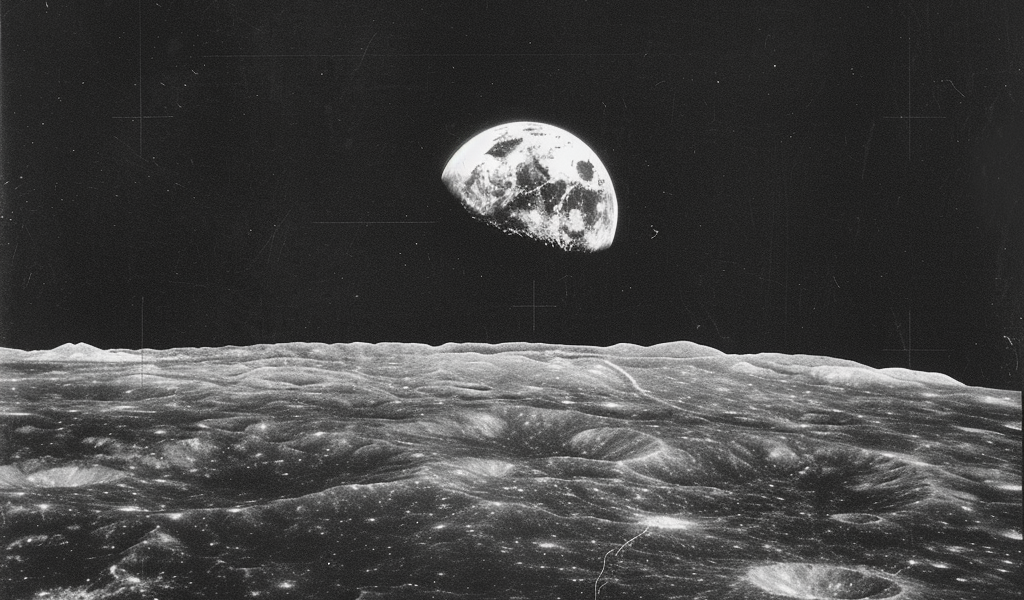The upcoming total eclipse of the sun by the moon has sparked a renewed interest in the geopolitical significance of the moon. George Friedman, a renowned geopolitical analyst, has taken this rare celestial event as an opportunity to delve into the intricate relationship between the moon, Earth, and humanity. In addition to the cosmic significance, Friedman is in the process of writing a book on the geopolitics of the moon, prompting him to explore early thoughts on the subject.
One of the primary issues at stake is the moon’s profound connection to Earth. According to the dominant theory, the moon was formed when a planet roughly the size of Mars collided with Earth, tearing a large chunk of our planet away and placing it in orbit around Earth. This cosmic event is believed to have significantly impacted the shape of Earth, its climate, and potentially even global agriculture.
Furthermore, there is a compelling theory suggesting that the moon is rich in valuable minerals that are integral to Earth’s economy. If the moon’s formation involved a substantial portion of Earth’s mineral structure, it follows that the moon itself must be a mineral-rich celestial body, serving as a potential source of immense wealth. Additionally, the moon contains substantial amounts of frozen water and has the capacity to harness vast amounts of solar energy, which could potentially fuel industrial activities on the moon and contribute to Earth’s energy needs.
From a geopolitical standpoint, the moon presents strategic opportunities for exerting influence and control over Earth. It could serve as a military base from which an adversarial force could launch attacks using solar power or lunar resources. Moreover, the moon’s defensive capabilities, including the ability to withstand nuclear attacks and conceal offensive weapons within its crust, make it a formidable stronghold that could safeguard mining and industrial installations in outer space.
While much remains to be explored and understood about the moon’s geopolitical significance, there is a growing interest, particularly from the United States. Washington is set to embark on a series of manned missions with the ultimate goal of establishing a long-term lunar base, signaling the country’s commitment to exploring and potentially exploiting the strategic advantages offered by the moon.





